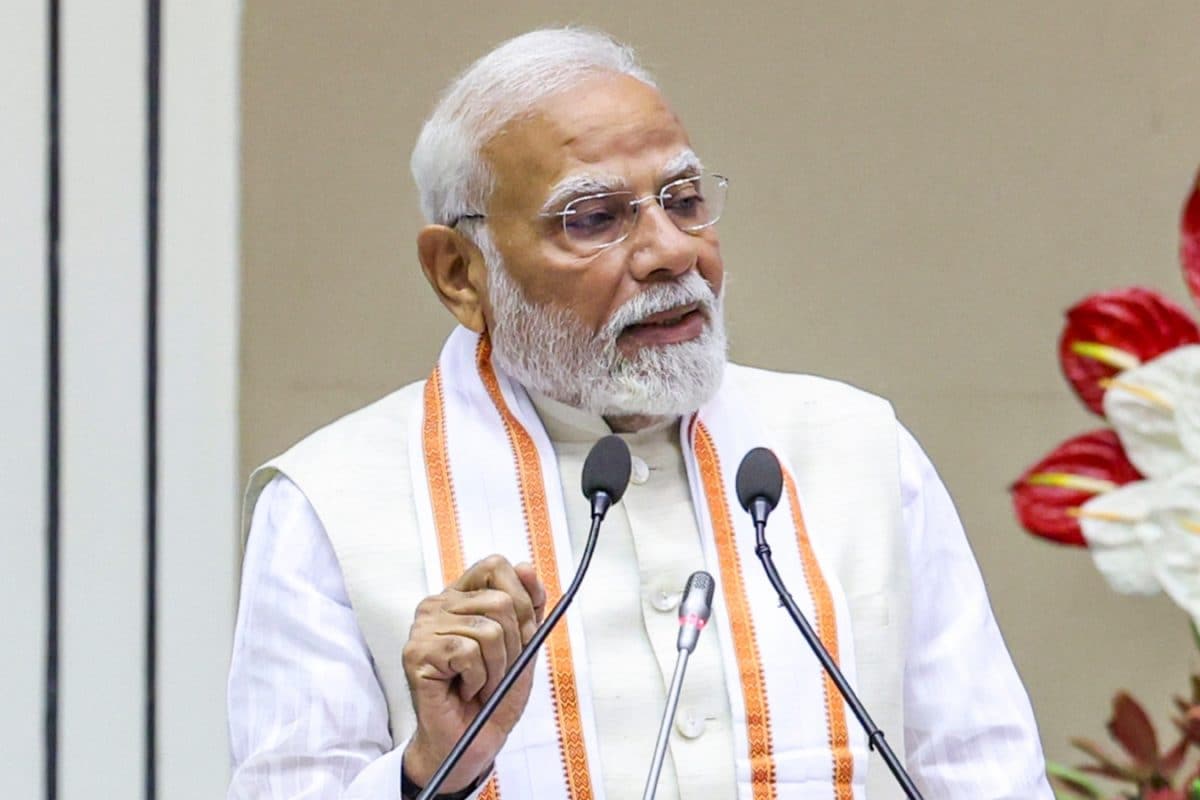

India has been officially declared free of trachoma by the World Health Organization (WHO), marking a significant achievement in the nation's public health endeavors. This milestone is the result of decades of dedicated efforts, with Prime Minister Narendra Modi acknowledging the crucial role of health workers in achieving this success. The WHO presented the Certificate of Elimination of Trachoma to India at the 78th World Health Assembly in Geneva. India is now the third country in the South-East Asia region, following Nepal and Myanmar, to eliminate trachoma as a public health problem.
Trachoma is a contagious bacterial eye infection caused by Chlamydia trachomatis and is a major cause of preventable blindness worldwide. The infection spreads through contact with contaminated eye, nose, or throat secretions. Factors such as poor hygiene, overcrowded living conditions, and inadequate access to water and sanitation facilitate its transmission. Repeated trachoma infections can cause trachomatous trichiasis, a painful condition where eyelashes touch the eyeball, potentially leading to visual impairment and blindness if left untreated.
India's fight against trachoma began in 1963 with the launch of the National Trachoma Control Program. This program was later integrated into the National Programme for Control of Blindness and Visual Impairment (NPCBVI). By 1971, blindness due to trachoma stood at 5%. Interventions under the NPCBVI and the implementation of WHO's SAFE strategy significantly reduced this figure. The SAFE strategy includes: Surgery for advanced cases, Antibiotics to clear the infection, Facial cleanliness promotion, and Environmental improvements to ensure access to clean water and sanitation.
In 2017, India was declared free of infective trachoma. However, surveillance efforts continued, including the National Trachomatous Trichiasis Survey in 200 endemic districts between 2021 and 2024, as mandated by WHO. These efforts ensured that the infection did not re-emerge. WHO Director-General Tedros Adhanom Ghebreyesus has praised India's commitment to alleviating the suffering caused by trachoma, emphasizing the importance of collaboration between the government, healthcare professionals, and international partners.
The elimination of trachoma as a public health problem in India reflects the country's sustained efforts to combat preventable blindness and improve public health through various measures. These include promoting hygiene, ensuring environmental cleanliness, and providing access to healthcare. This achievement places India among the growing number of countries that have successfully eliminated trachoma, contributing to the global goal of eradicating neglected tropical diseases.